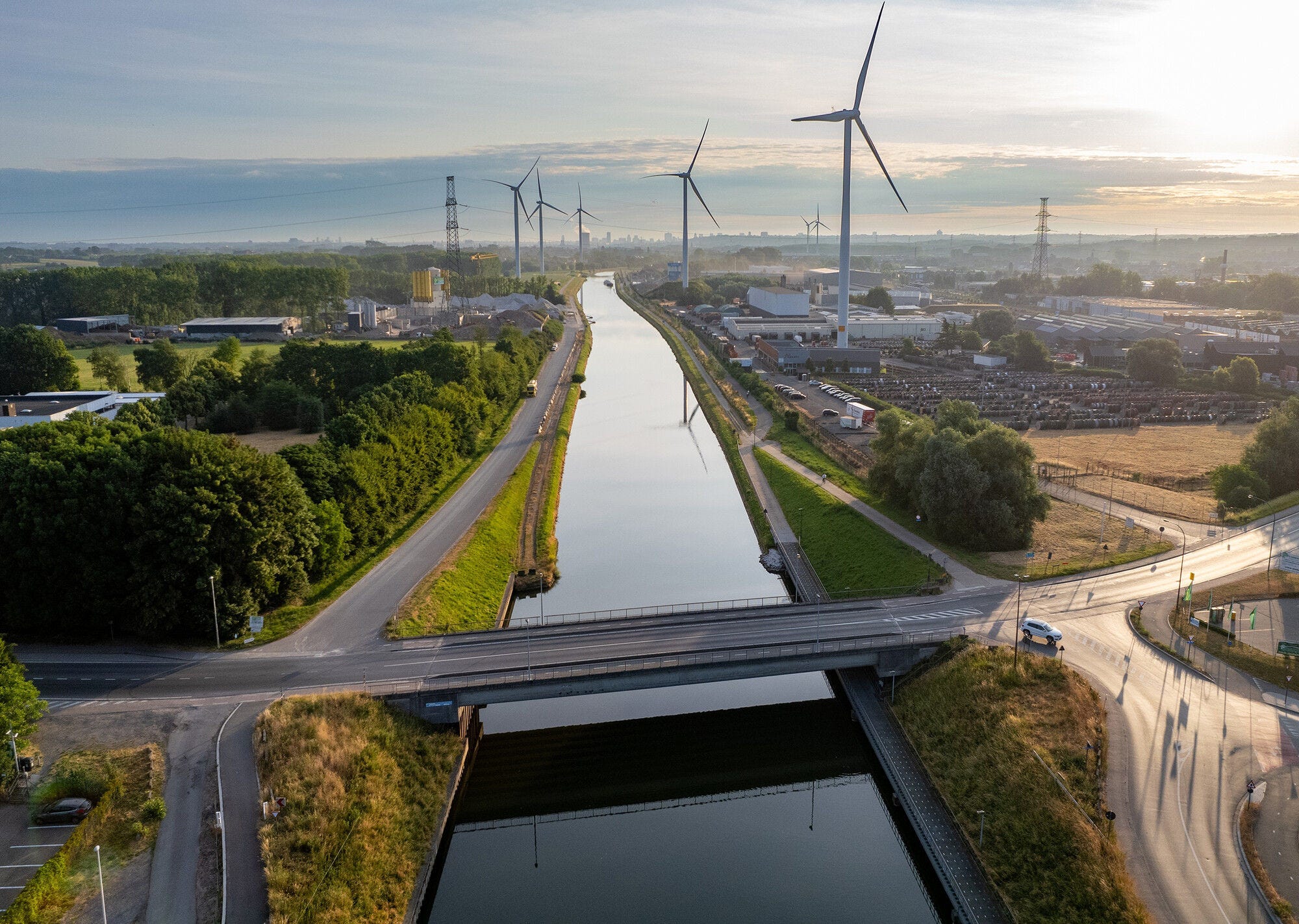With only a decade left to reduce emissions drastically, the scale, pace and extent of global transformation needed is truly demanding. Long-term emission goals and the nature of the low-emission transition in each country will be a function of its unique socio-economic priorities, capabilities, resource endowment, vision for post 2050 economic structure, and social and political acceptability of what constitutes a just transition. As we enter the “decade for delivery”, a whole of economy approach is needed to realise the low-emission transition. This includes focusing not only on upscaling zero and near-zero emitting technologies and businesses but also supporting, to the extent possible, the progressive lowering of emissions in high emitting and hard to abate sectors. In this context, “transition finance” is gaining traction among governments and market participants. To identify the core features of transition finance, this paper reviews 12 transition relevant taxonomies, guidance and principles by public (Japan, Singapore, Malaysia, Russia, European Union, EBRD) and private actors (Climate Bonds Initiative, International Capital Markets Association, Research Institute for Environmental Finance Japan, AXA Investment Managers and DBS), as well as 39 transition relevant financial instruments (vanilla transition bonds, key performance indicator-linked fixed income securities). This paper does not aim to define transition finance, but rather to review emerging approaches and instruments to highlight commonalities, divergences as well as issues to consider for coherent market development and progress towards global environmental objectives. Based on the review, this paper puts forth two preliminary views. First, that the essence of transition finance is triggering entity-wide change to reduce exposure to transition risk; second, that transition finance may be better understood as capital market instruments with a set of core functions/attributes rather than a specific format or label.
Transition finance: Investigating the state of play
A stocktake of emerging approaches and financial instruments
Working paper
OECD Environment Working Papers

Share
Facebook
Twitter
LinkedIn
Abstract
In the same series
-
 24 October 2024
24 October 2024










